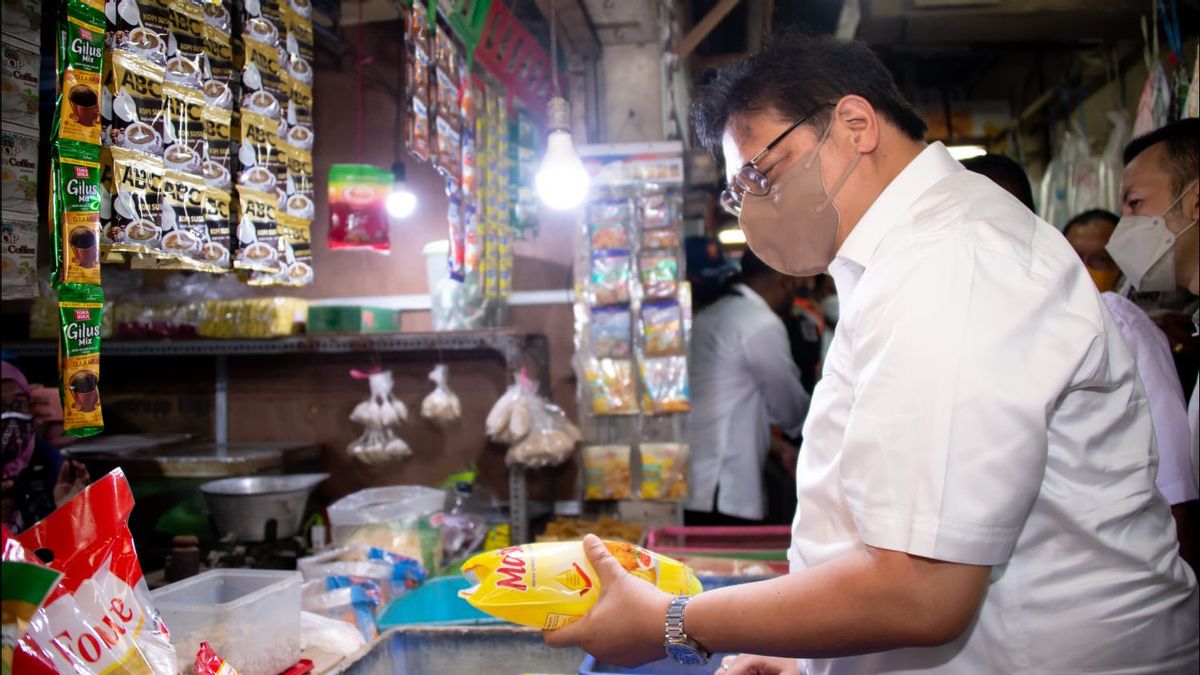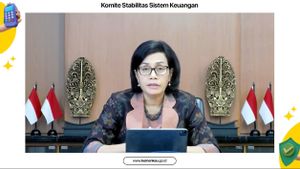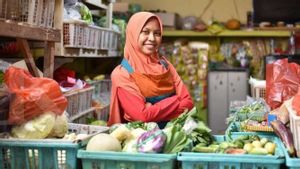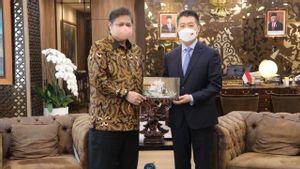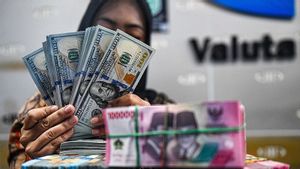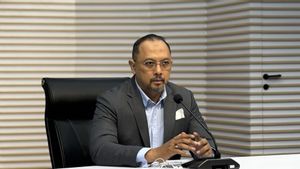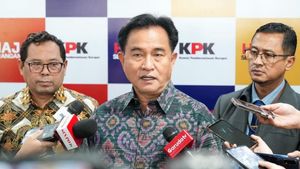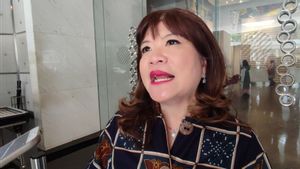JAKARTA - The government earlier this week began distributing Direct Cash Assistance (BLT) to the public as a form of social protection against rising cooking oil prices. Previously, the state chose a subsidy scheme through producers to overcome the spike in the price of one of these basic needs.
However, this strategy is considered not successful enough to suppress prices. Instead, a new problem arose: there was a shortage of cooking oil.
In this situation, a public policy observer from the National University (Unas) Jakarta, Robi Nurhadi, expressed his views. According to him, the decision to choose the BLT scheme was the most appropriate way.
The reason is that the provision of cash assistance is considered quite practical, and flexible, and the money received by the community can be directly used to meet daily needs.
"In addition, the distribution of BLT is easier than other assistance, such as social assistance for necessities", he said in a written statement quoted on Thursday, April 14.
Robi added, based on experience in Indonesia, the distribution of large amounts of funds among the upper class actually has the opportunity to open up opportunities for corruption.
"It's easier because it is distributed directly to the accounts of the person or group that is the target", he said.
SEE ALSO:
Furthermore, the academic also highlighted similar policies that were widely adopted not only in Indonesia or Asia, but also in America, Africa, and Europe.
"BLT has become a widely used policy model. European countries also provide a lot of assistance to their citizens with this model. It's just a matter of how to implement it and its supervision must be strengthened", he said.
Robi considers that one of the most important roles in realizing the cooking oil BLT program is Coordinating Minister for the Economy Airlangga Hartarto.
"He (Coordinating Minister Airlangga) has been the initiator of many of the government's strategic policies in the economic sector", said Robi.
For information, BLT cooking oil is planned to be given to around 20.5 million families and 2.5 million street vendors who sell fried foods. Meanwhile, the total budget provided by the government in this program is not less than Rp. 6.9 trillion.
The English, Chinese, Japanese, Arabic, and French versions are automatically generated by the AI. So there may still be inaccuracies in translating, please always see Indonesian as our main language. (system supported by DigitalSiber.id)
